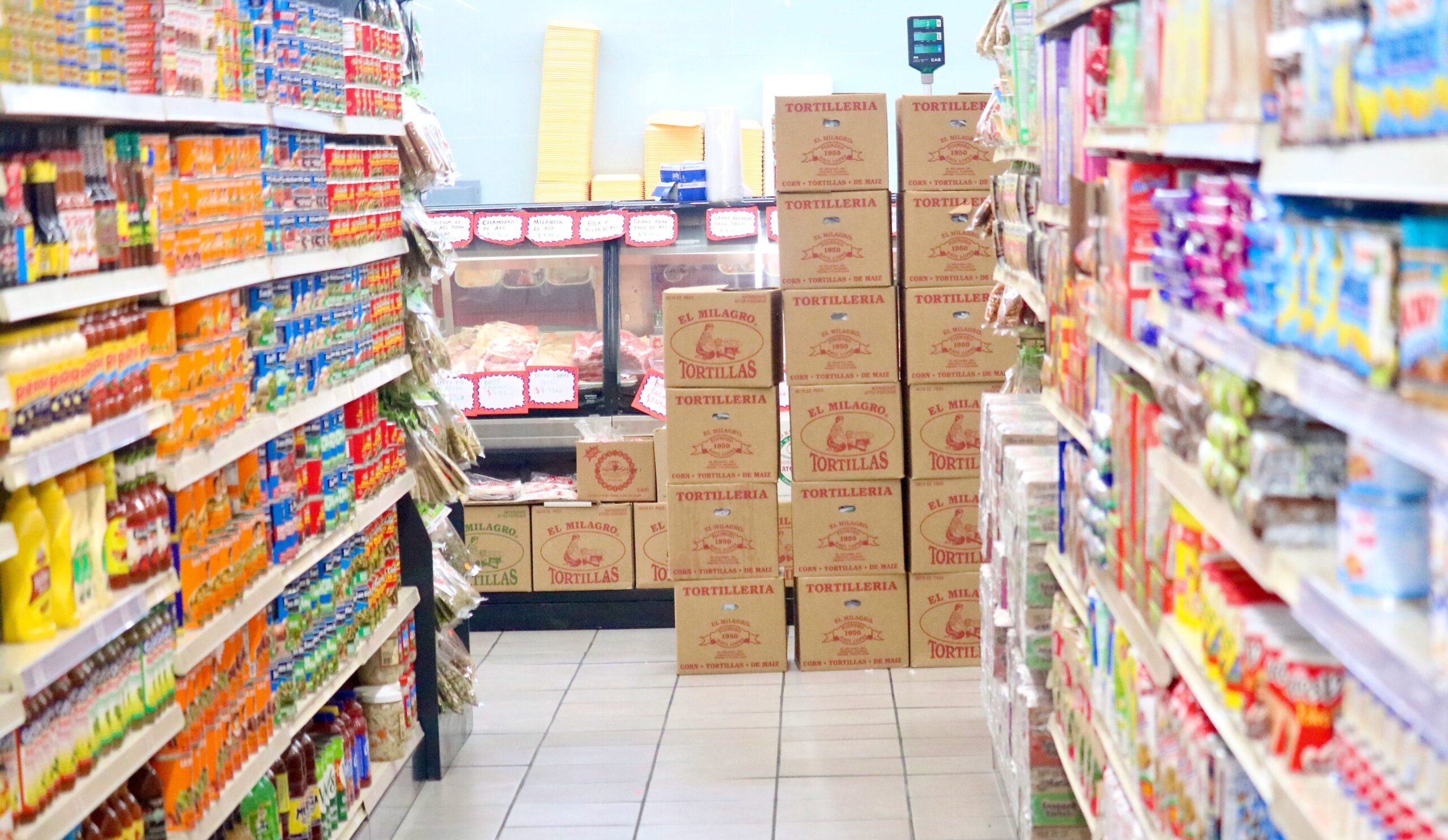Top Stories
Northern Illinois Towns Adopt Local 1% Grocery Tax Before Deadline

As of October 1, 2023, numerous communities in northern Illinois have enacted a local 1% grocery tax to replace the expiring state tax that will cease on January 1, 2024. This action allows these municipalities to maintain funding for local services previously supported by the state tax.
The statewide grocery tax, introduced to assist local governments, has been a critical revenue source. In light of its impending expiration, communities were required to pass ordinances by the October deadline to implement their own grocery taxes starting next year. According to the Illinois Department of Revenue, a total of 646 municipalities opted to adopt this local tax, which represents nearly half of the state’s 1,295 municipalities.
Local city councils and village boards were tasked with submitting their tax ordinances to the Department of Revenue. Municipalities that missed the October deadline have the opportunity to establish their own grocery taxes twice a year, with ordinances submitted by April 1 taking effect on July 1, and those submitted by October 1 starting on January 1.
Among the municipalities that decided to extend the grocery tax are towns from various counties, highlighting a widespread commitment to local fiscal stability. The following is a selection of towns across several northern Illinois counties that have adopted the tax:
List of Towns Enacting the Grocery Tax
– **Bureau County**: Annawan, DePue, Ladd, Princeton, and more.
– **Cook County**: Chicago, Arlington Heights, Cicero, and others.
– **DeKalb County**: DeKalb, Genoa, and Sycamore.
– **DuPage County**: Aurora, Naperville, and Wheaton.
– **Lake County**: Waukegan, Grayslake, and Libertyville.
– **Will County**: Joliet, Bolingbrook, and Frankfort.
This tax decision comes as a response to the need for continued funding in various community projects and services, which rely significantly on local revenue. Many local leaders emphasize that maintaining this tax is crucial for ensuring that essential services remain intact.
As local governments navigate shifting financial landscapes, the adoption of the grocery tax reflects proactive measures taken by these communities to secure their fiscal futures. This move illustrates the importance of local governance in responding to changes at the state level, allowing municipalities to tailor their financial strategies to meet specific community needs.
The Illinois Department of Revenue continues to monitor the situation as these local taxes come into effect, ensuring compliance and providing necessary support to municipalities in this transition.
-

 Science3 months ago
Science3 months agoToyoake City Proposes Daily Two-Hour Smartphone Use Limit
-

 Health4 months ago
Health4 months agoB.C. Review Reveals Urgent Need for Rare-Disease Drug Reforms
-

 Top Stories4 months ago
Top Stories4 months agoPedestrian Fatally Injured in Esquimalt Collision on August 14
-

 Technology3 months ago
Technology3 months agoDark Adventure Game “Bye Sweet Carole” Set for October Release
-

 World3 months ago
World3 months agoJimmy Lai’s Defense Challenges Charges Under National Security Law
-

 Lifestyle4 months ago
Lifestyle4 months agoVictoria’s Pop-Up Shop Shines Light on B.C.’s Wolf Cull
-

 Technology3 months ago
Technology3 months agoKonami Revives Iconic Metal Gear Solid Delta Ahead of Release
-

 Technology3 months ago
Technology3 months agoApple Expands Self-Service Repair Program to Canada
-

 Technology3 months ago
Technology3 months agoSnapmaker U1 Color 3D Printer Redefines Speed and Sustainability
-

 Technology3 months ago
Technology3 months agoAION Folding Knife: Redefining EDC Design with Premium Materials
-

 Technology4 months ago
Technology4 months agoSolve Today’s Wordle Challenge: Hints and Answer for August 19
-

 Business4 months ago
Business4 months agoGordon Murray Automotive Unveils S1 LM and Le Mans GTR at Monterey









